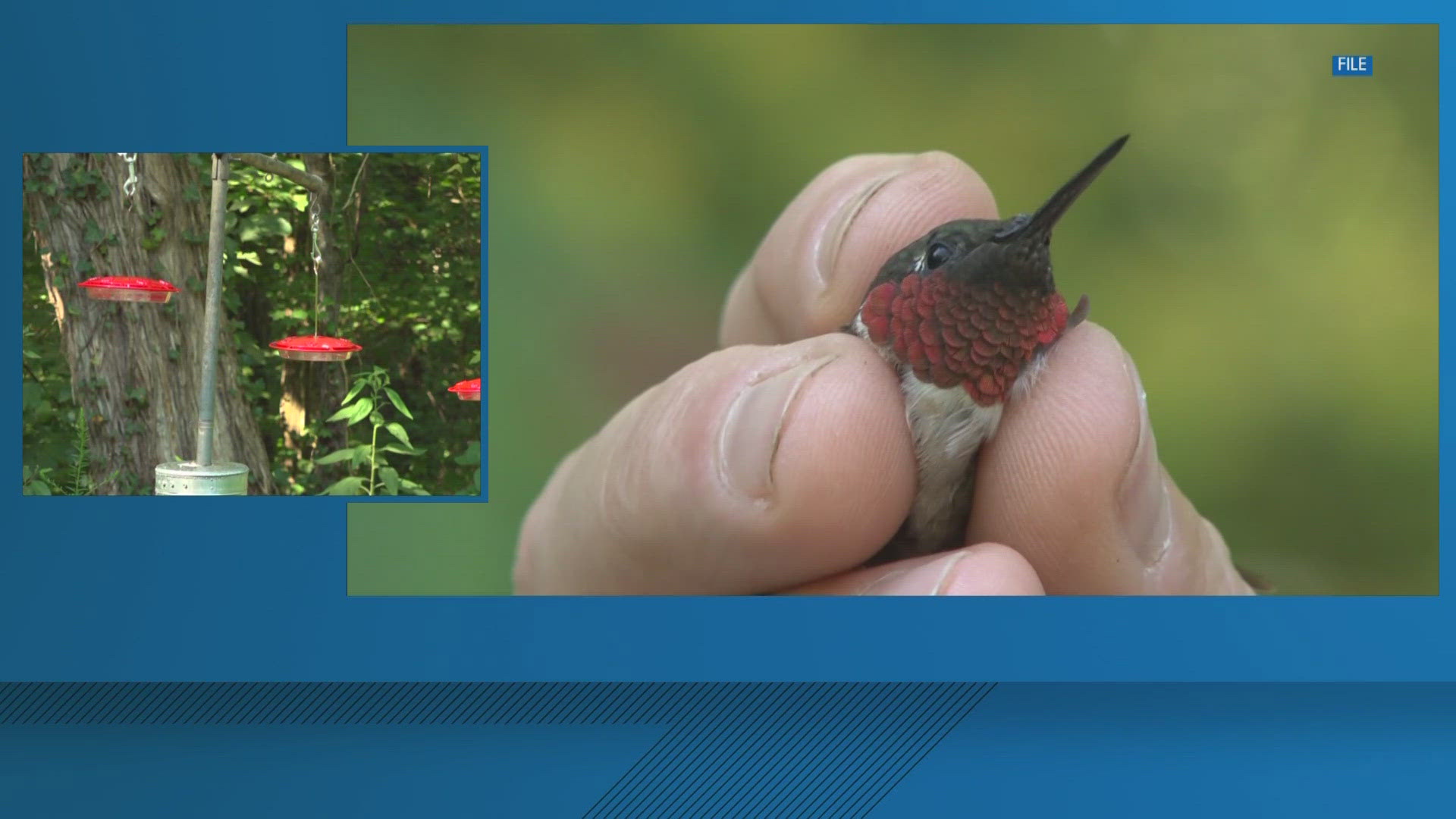KNOXVILLE, Tenn. — The U.S. Fish and Wildlife Service (USFWS) proposed protections for eastern hellbender salamanders under the Endangered Species Act. This proposal would extend safety to hellbenders from New York to Georgia.
The proposal comes after the Center for Biological Diversity (CBD) advocated for the species to be protected for more than a decade.
The Endangered Species Act helps prevent extinction and helps vulnerable species recover. It’s 99% effective at preventing species under its protection from going extinct, according to CBD.
“I literally burst into happy tears when I heard that hellbenders were finally going to get the Endangered Species Act protection they need to recover," Tierra Curry, a senior scientist at CBD, said. "Hellbenders may be cold and slimy, but they’re so fascinating that they evoke warm and fuzzy feelings. Protecting these giant salamanders will give umbrella safeguards to thousands of other species that rely on clean rivers.”
In 2010, the CBD and its allies petitioned the USFWS seeking protection for eastern hellbenders. In 2021, hellbenders from the Missouri River received protection while wide-range protections were denied. The USFWS and allies then challenged the denial and a court ordered the service to redo its analysis, leading to the current proposal, according to a release from CBD.
Hellbender Salamander could be found at the bottom of most East Tennessee freshwater streams but they face threats from activities that degrade water quality.
According to CBD, throughout their 15-state range, only 12% of the population is stable and reproducing. The range of eastern hellbenders includes:
- Alabama
- Georgia
- Illinois
- Indiana
- Kentucky
- Maryland
- Mississippi
- Missouri
- New York
- North Carolina
- Ohio
- Pennsylvania
- Tennessee
- Virginia
- West Virginia
Hurricane Helene destroyed populations in North Carolina and Tennessee's healthiest part of their range. Clean-up volunteers found dried-out hellbenders carried out of the rivers during the floods. The Center said that forest damage and contamination from Helene will continue to pollute these areas.
USFWS also proposed to designate 3,974 river miles of critical habitat across 17 states for four endangered freshwater mussels: The rated bean, sheepnose, snuffbox and spectaclecase mussels. They were first protected as endangered in 2012.
The endangered mussels can be found in:
- Alabama
- Arkansas
- Illinois
- Indiana
- Iowa
- Kentucky
- Michigan
- Minnesota
- Mississippi
- Missouri
- New York
- Ohio
- Pennsylvania
- Tennessee
- Virginia
- West Virginia
- Wisconsin
“Freshwater mussels are phenomenal water filters, and every action we take to help these endangered natural wonders survive will bring long-term benefits for people’s wellbeing,” Curry said.



